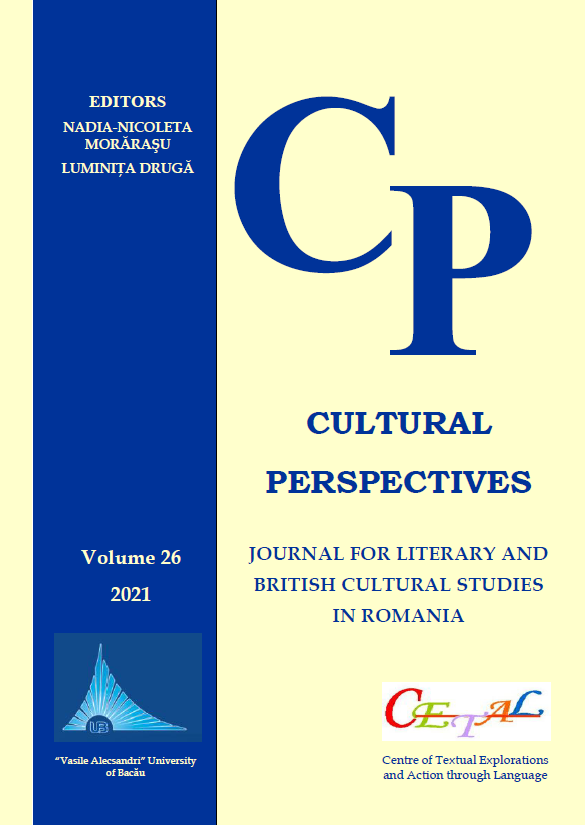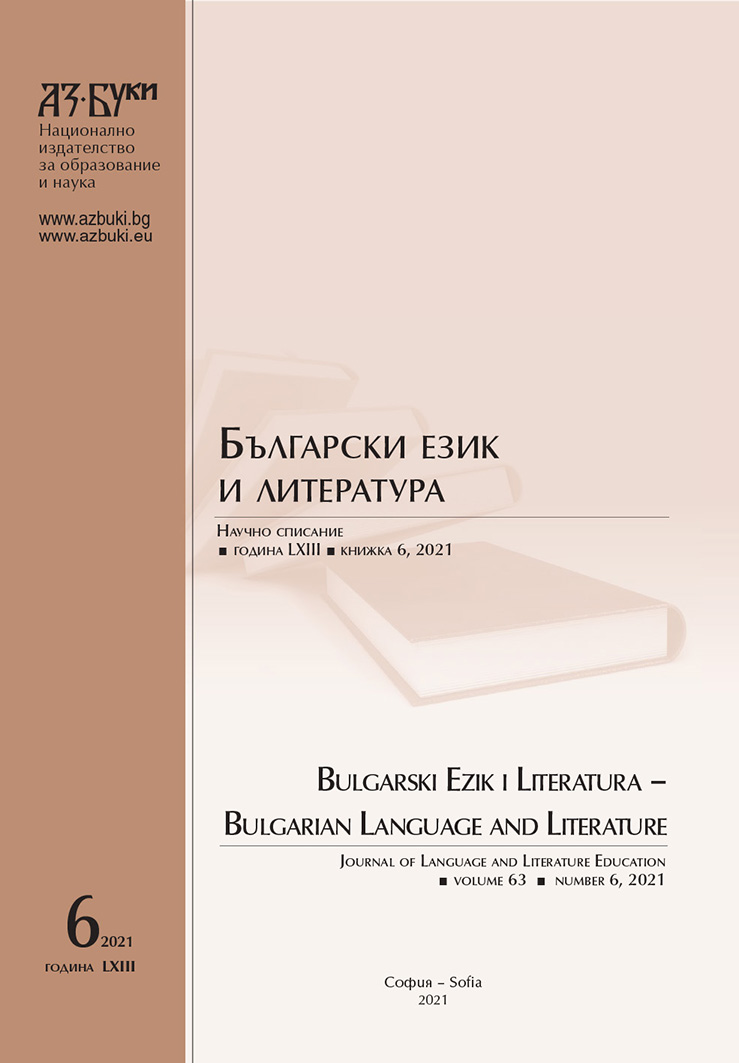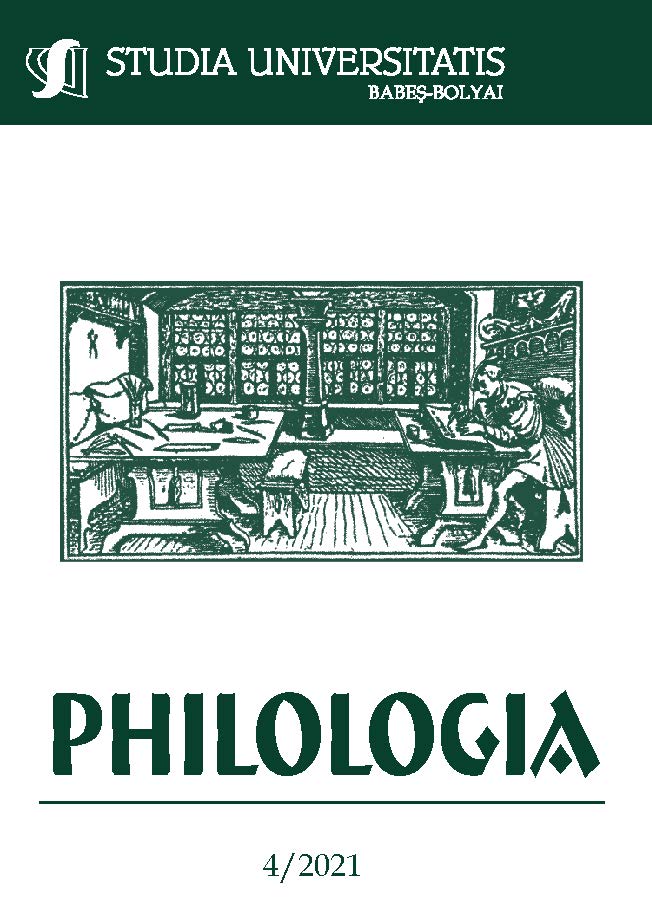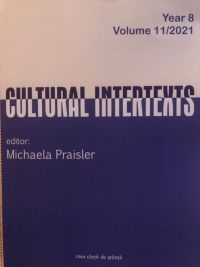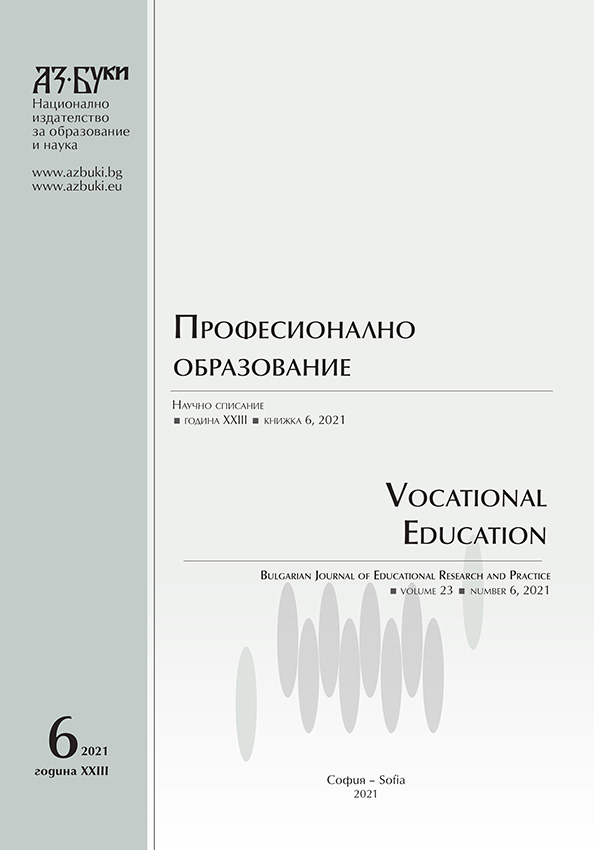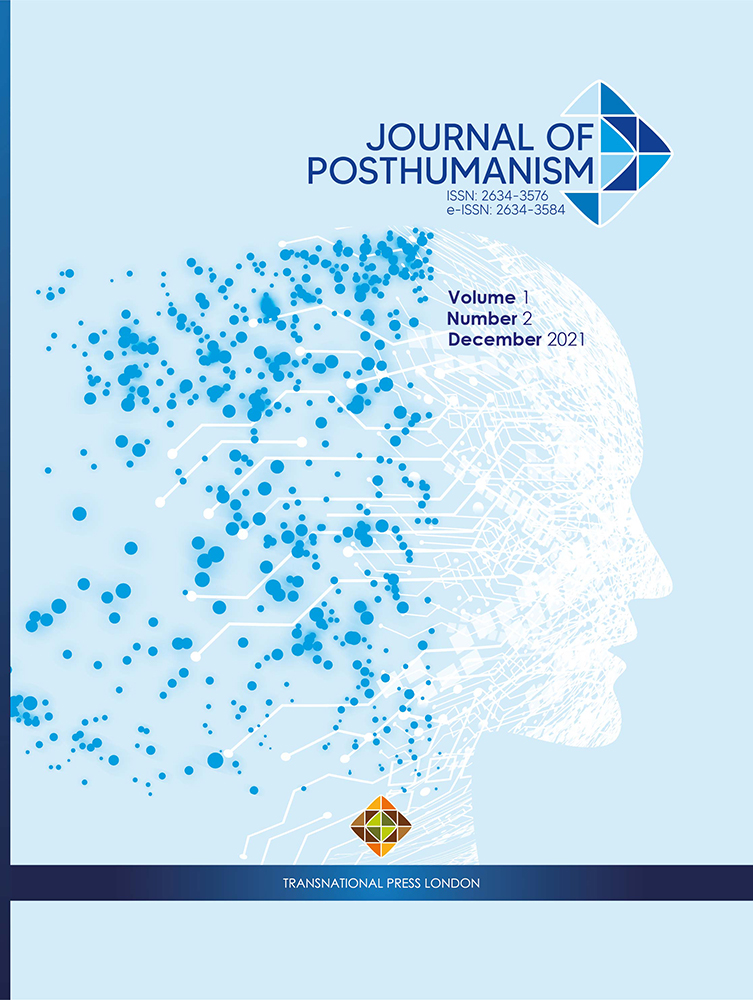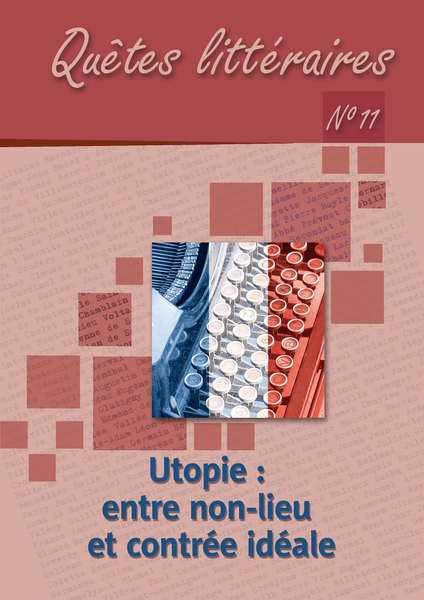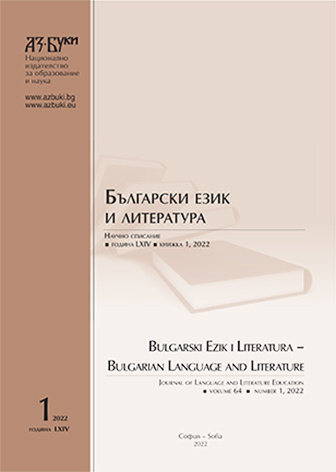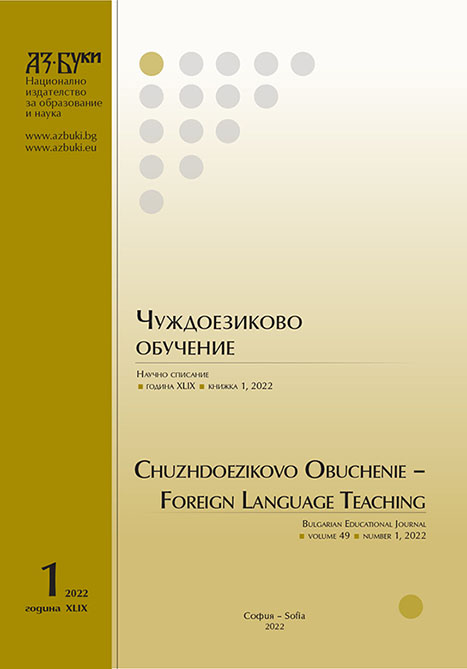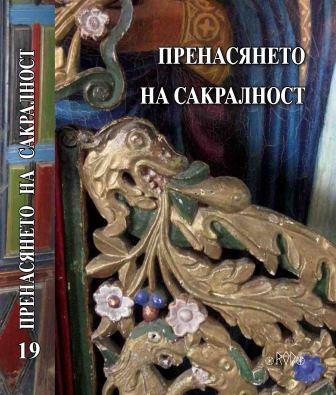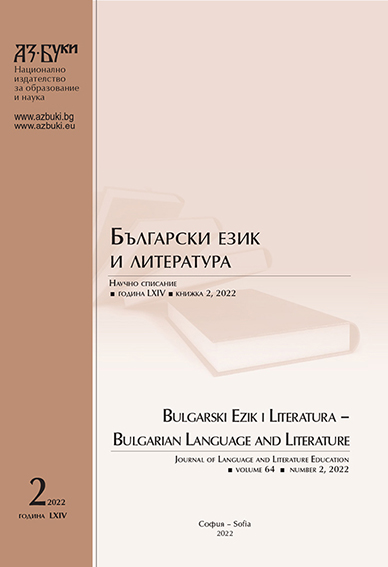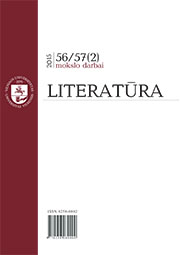
«ТУНИССКОЙ ПАША» МИХАИЛА МАТИНСКОГО
Более полувека назад замечательный историк русской литературы XVIII столетия П. Н. Берков пообещал опубликовать написанное Михаилом Матинским (1750–1820) и никогда не издававшееся либретто оперы Василия Пашкевича «Тунисской Паша»: «Текст ее <пьесы. – А.Л.> будет напечатан мною в одном из ближайших выпусков сборника „XVIII век“ »1. Обещание, однако, осталось не выполненным. Известный П. Н. Беркову и, похоже, единственный сохранившийся список этого драматического сочинения2 остался лежать в Театральной библиотеке в Санкт-Петербурге.
More...
